There are thousands of different supplements available for your consumption – all of which promise the world (many of which, unfortunately, fail to deliver on that promise).
One supplement that has become a mainstay in the realm of health and fitness are Branched Chain Amino Acids (or BCAAs for short) – but are they all they are cracked up to be?
Here is what you need to know.
What are BCAAs?
As I alluded to above, BCAA stands for ‘branched chain amino acid’ – which describes a specific type of ‘amino acid’.
An amino acid a type of compound that your body uses make proteins. They are ultimately the building blocks of all your cells, in which they are used to make pretty much everything in your body that has a physical structure.
Now, some of these amino acids are considered non-essential because they can be made within your body, while others are considered essential because they cannot be made in your body – and therefore must be obtained through diet.
BCAAs fall into the essential amino acid category.
There are three specific BCAAs – leucine, isoleucine, and valine.
Despite there only being three of them, BCAAs make up approximate 35% of all the muscle protein found in your body. As such, they also stimulate protein production in your muscle tissue, which is why they are commonly used by fitness enthusiasts to aid muscle growth and recovery.
What are the benefits of BCAAs?
As I alluded to above, they are commonly used to accelerate muscle growth aid recovery – but is this their only real benefit? And how effective are they?
Well, interestingly, there is evidence to suggest that BCAAs can be used to help several different aspects of health and fitness.
BCAA and weight loss
One of the supposed benefits of BCAAs is their ability to help promote weight loss – however this suggestion is not entirely accurate.
Consuming BCAAs increase muscle protein synthesis (which is the process your body uses to build new muscle tissue). While this does not have a direct impact on weight loss, it does have a benefit if your primary goal is to lose weight.
When people lose weight, they also lose muscle mass in the process. This is often considered to be unavoidable aspect weight loss, which simply comes with being in a calorie deficit.
Over time, this loss of muscle mass can cause a small reduction in your metabolism, which can make keeping the weight you have lost off harder.
However, supplementing with BCAAs appears to attenuate the loss of muscle mass that normally occurs during a weight loss phase – which can in turn, make maintaining a leaner physique easier.
Interestingly, this will also allow you to lose more weight over the duration of weight loss phase (Mourier, 1997).
BCAA and muscle gain
Because of their ability to increase muscle protein synthesis, there is evidence to suggest that the supplementation of BCAAs will also increase muscle growth when combined with a progressive resistance training routine (Stoppani, 2009).
Interestingly, this benefit seems to be enhanced if someone is consuming a diet that is slightly lower in protein (like a vegetarian or vegan diet), or if they are in a calorie restricted state.
So yes, there is good reason as to why BCAAs are so popular in bodybuilding circles.
BCAA and recovery
We have already established that BCAAs work by stimulating the production of muscle protein and preventing their breakdown – which has been shown to help promote muscle growth and aid muscle preservation during weight loss.
But what about recovery?
Well, the good news is there is a large body of evidence suggesting that supplementing with BCAAs around your workout will aid in post-exercise recovery. This often means less muscle soreness after training, combined with better exercise performance during subsequent training sessions (Osmond, 2019).
There is reason to believe that over time this will allow you to train at higher intensities across a long duration, which may increase your long-term progress.
Related Article: Does Protein Impact Trained Athletes Differently?
BCAA and brain health
In the brain, BCAAs contribute to the production of two incredibly important neurotransmitters – being the excitatory glutamate and inhibitory gamma-aminobutyric acid (or GABA, for short).
Because of this interaction, they have been hypothesized to promote efficient brain health, improve cognitive function, and even repair brain tissue.
However, while this makes sense from a mechanistic perspective, there is very little research in the area.
In fact, in humans, the only real research has been conducted in people with liver disease who have also developed brain damage. In this populations, the supplementation of BCAAs has been shown help reverse brain damage and improve brain tissue health (Gluud, 2015).
While this does suggest the supplementing BCCAs may improve brain function, we need more research in the area before we can make a truly definitive decision.
BCAA and regulation blood sugar
Finally, BCAAs also appear to increase blood sugar uptake and promote its storage in the muscle tissue. In this manner, it has also been shown to reduce the breakdown of muscle carbohydrates, preserving it for use later (Doi, 2007).
While this may help improve exercise performance, its impact on health remains somewhat unclear.
There is recent evidence demonstrating that if people with Type II diabetes (and subsequently higher than normal blood glucose levels) reduce their dietary intake of BCAAs, they see an improvement in blood sugar control (Karusheva, 2019).
Although this does not suggest that BCAAs will cause type II diabetes, it does indicate that people with the disease may be best to avoid them until we have more research in the area.
Who should take BCAAs?
Well, in short, if you want to improve recovery, optimize athletic performance, enhance muscle growth, and promote more effective weight loss, then BCAAs are for you.
Additionally, as I alluded to above, their supplementation seems to become more effective in those individuals who don’t get a huge amount of BCAAs through their natural diet – and given that they are found in meat based products, this typically means those who follow a vegetarian or vegan way of eating.
If you do follow a plant-based diet, then BCAA supplementation may be a very useful strategy to optimize your health and performance.
When is the best time to take BCAAs?
Now onto one of the most common questions that come up when discussing this supplement – when to take BCAAs?
Research has shown that their effectiveness seems to increase if you take them both before and after exercise (~30-60 minutes before and after). This means that you will have adequate BCAAs available during and after your session to enhance recovery.
In terms of BCAA dosage recommendations, the literature suggests an intake of around 91mg per pound of bodyweight.
With this in mind, if you weighed 165 pounds, you would need to take about 15 grams of BCAAs around your workout for maximum effectiveness. This would be split into a serving of 7.5 grams before and after your training session.
Finally, it is important to note that while dosages of up to 35 grams per day have bene shown to be safe and tolerable, consuming too many BCAAs can have some negative effects.
BCAA side effects include:
- Stomach discomfort
- Impaired exercise performance
- Worsened recovery after exercise
As such, sticking to the recommended dosing is integral to enhancing your results.
Related Article: How Much Protein Should You Eat?
Take Home Message
BCAAs are worth the hype.
With evidence to suggest that they improve recovery, promote muscle growth, and help during weight loss, it is highly likely they will be a useful addition to your supplement regime – especially if you eat a low-protein or plant based diet.
References
Mourier, A., et al. “Combined effects of caloric restriction and branched-chain amino acid supplementation on body composition and exercise performance in elite wrestlers.” International journal of sports medicine 18.01 (1997): 47-55.
Stoppani, Jim, et al. “Consuming a supplement containing branched-chain amino acids during a resistance-training program increases lean mass, muscle strength and fat loss.” Journal of the International Society of Sports Nutrition 6.1 (2009): 1-2.
Osmond, Adam D., et al. “The Effects of Leucine-Enriched Branched-Chain Amino Acid Supplementation on Recovery After High-Intensity Resistance Exercise.” International journal of sports physiology and performance 14.8 (2019): 1081-1088.
Gluud, Lise Lotte, et al. “Branched‐chain amino acids for people with hepatic encephalopathy.” Cochrane Database of Systematic Reviews 9 (2015).
Doi, Masako, et al. “Hypoglycemic effect of isoleucine involves increased muscle glucose uptake and whole body glucose oxidation and decreased hepatic gluconeogenesis.” American journal of physiology-endocrinology and metabolism 292.6 (2007): E1683-E1693.
Karusheva, Yanislava, et al. “Short-term dietary reduction of branched-chain amino acids reduces meal-induced insulin secretion and modifies microbiome composition in type 2 diabetes: A randomized controlled crossover trial.” The American journal of clinical nutrition 110.5 (2019): 1098-1107.
You Might Like:
BCAAs (branched-chain amino acids): What You Need to Know
There are thousands of different supplements available for your consumption – all of which promise...Intermittent Fasting and Running
Intermittent fasting has quickly become one of the most popular dietary strategies of the decade....3 Vitamins to Boost Your Immune System Now
Given the impact that coronavirus is having on our society, I thought it would be...Can Any Amount of Alcohol Be Part of a Clean Lifestyle?
Alcohol has become an integral part of our social structure. It is consumed in celebration,...Matcha Tea and Exercise Benefits
There are literally thousands of supplements said to improve health and athletic performance – but,...Intermittent Energy Restriction: The Key to Sustainable Weight Loss
As someone who has worked in the health and fitness industry for a long time,...Can you Afford Cheat Meals?
John Barry Have you ever seen the Instagram feed of The Rock, Dwayne Johnson? I...Everything You Need to Know About Creatine
If someone came up and told you about an ‘amazing’ new supplement that can do...How Much Protein Should You Eat?
John Barry How much protein should a person eat? What foods are high in protein?...Does a high salt diet cause cognitive impairment?
Ever since the early seventies, salt has been demonized by the health community. And with...Metabolic Flexibility: The Key to Unlocking your Health
Over the last few decades, our health has declined at a rapid rate. Despite living...The Truth About Red Meat Consumption
Over the last few decades, we have seen dietary guidelines change drastically in an attempt...The Importance of Nutrition on Brain Health
What you put into your body is damn important. I mean, without providing your body...The Ingredient in Kale That May Promote Longevity
Kale has fast become one of the most talked-about foods in the health industry, with...Caffeine May Help or Hinder Athletic Performance
Most people have heard that caffeine enhances athletic performance, in fact, current guidelines recommend ingesting...Can Intermittent Fasting and Exercise Prevent Cancer?
It could easily be argued that we are living in the best time in human...How Long Does It Take To Reverse The Effects Of A Bad Diet?
Hunter Bennett You know that eating a good diet is important. But did you know...Does Dark Chocolate Aid In Muscle Recovery?
Hunter Bennett What do exercise enthusiasts, elite athletes, and weekend warriors all have in common?...Processed vs. Unprocessed Foods
Hunter Bennett Over the last few years, we have seen a bit of a change...Regaining Homeostasis With Diet & Exercise
Hunter Bennett In scientific literature, health is often defined as a state of complete physical,...Fasted Weight Training: Does It Help With Fat Loss?
Hunter Bennett The last few years have seen the health and fitness landscape evolve in...How Intermittent Fasting Affects Sleep
Hunter Bennett Intermittent fasting has fast become one of the most popular dietary trends of...Prolonged Fasting for Health & Longevity
Hunter Bennett Throughout history, there has been one thing sought above all others. Something that...Intermittent Fasting For Weight Management & Health
Hunter Bennett Every single week there seems to be some brand new diet on the...The Ketogenic Diet: How It Affects Athletic Performance
Hunter Bennett Every week a new way of eating hits the mainstream media. They are...Canadian Food Guide- A Dietary Guideline
Hunter Bennett The Canadian government made some rather large changes to their dietary guidelines. Like,...The Effects of Exercising On a High Fat Diet
Hunter Bennett When it comes to diet, there is an incredible amount of information out...Resistance Training & Protein Supplements: What You Need to Know
Dayton Kelly This article was adapted from a combination of speeches given at the European...FODMAPS and Exercise
Dayton Kelly FODMAPs: A culprit in exercise-induced gastrointestinal distress and an explanation for athlete adoption...Can Nitrate Rich Vegetables Boost Your Endurance?
Dayton Kelly This article was adapted from a combination of speeches given at the...Gluten-Free Diet and Exercise
Dayton Kelly This article was adapted from a combination of speeches given at the European...6 Vegan Athlete Meal Plan Ideas to Boost Performance
Jessica Gillespie-Friesen Animal products contain essential nutrients that contribute to proper body functioning but also...Relative Energy Deficiency: Nutrition For Endurance Athletes
Evan Stevens Speak with any endurance athlete and the topic of conversation almost always steers...What Are Probiotics and Prebiotics?
Alyssa Bialowas In response to the current cultural nutrition trend surrounding probiotics and supplements, pharmacies...3 Important Things Athletes Should Consider Before Going Vegan
Alyssa Bialowas The vegan diet is becoming increasingly popular among the general population and is...Do Ketogenic Diets Reduce Anaerobic Performance?
Evan Stevens Ketogenic diets have come to the forefront of popular health fads in the...Does the Keto Diet Affect High-Intensity Exercise Performance?
A Review by Alyssa Bialowas The ketogenic diet has been making waves due to its...The Best Way to Prevent Gut Rot During Your Workout
Alyssa Bialowas One of the worst things that can happen to you before you start...Everything You Need To Know About Protein Supplements
Evan Stevens The study of protein is a huge undertaking. It is one of the...Is There a Magic Bullet to Protein Consumption?
Evan Stevens In the last three parts we discovered that a lot of what we...Does Protein Impact Trained Athletes Differently?
Evan Stevens Previously at Forever Fit Science we looked at how science changes and why...Which type of Protein Provides the Best Workout Recovery?
Evan Stevens In our previous article, The Ever Changing Science of Protein, discussed how science...The Ever Changing Science of Protein
Evan Stevens You would think that by now we would have a pretty firm grasp...Why Milk is an Effective Recovery Drink for Female Athletes
Mojtaba Kaviani, Ph.D., CEP Cow milk contains protein, casein, carbohydrates, fat, vitamins and minerals, which...Anti-Inflammatory Foods in Your Diet (and What to Avoid)
Moji Kaviani, Ph.D., CEP Inflammation is part of the body’s natural defense system. Western medicine...Can Caffeine Improve Sprint Time In Elite Swimmers?
A Review by Alyssa Bialowas Caffeine is an ergogenic aid, meaning it’s a substance that...The Next Best Supplement For Exercise Performance
A Review by Alyssa Bialowas Korean Ginseng is a nutraceutical herbal supplement, that when ingested...DHA Supplementation Reduces Inflammation After Exercise
Alyssa Bialowas Introduction to DHA Supplementation Docosahexaenoic acid (DHA) is an omega-3 fatty acid. It...Citrus Flavonoid Supplementation May Improve Exercise Performance
Alyssa Bialowas The proper diet and supplementation regimen can improve exercise performance in athletes. Research...Impact Of Omega-3s Paired With Eccentric Exercise
Alyssa Bialowas Enhanced health immunity during the holiday season is crucial to preserve the capacity...Main Food Groups: Candy Canes, Cookies, Chocolate and Eggnog
Moji Kaviani, Ph.D., CEP If your main food groups are Candy Canes, Cookies, Chocolate and...Hydration and Performance, Part 3: MANAGING HYDRATION
Evan Stevens When we sweat we lose more than just water. That fine, salty coating...Hydration and Performance, Part 2: ELECTROLYTES
Evan Stevens Electrolytes and the Right Drink For You Welcome back to our continuing discussion...Hydration and Performance, Part 1: FLUIDS
Evan Stevens We previously discussed how masters level athletes’ nutritional needs are almost no different...Athletes May Be Suffering From Vitamin D Deficiency
Moji Kaviani, Ph.D., CEP If you are not getting out a few times per week...Dietary Strategies For Managing Rheumatoid Arthritis
Mojtaba Kaviani, Ph.D., CEP Rheumatoid arthritis (RA) is a chronic condition in which the body’s...Do Masters Athletes Need Specific Nutrition?
Evan Stevens Nutrition. It’s a topic that stirs debate at every mention. One day you...Hydration For Hockey Performance
Moji Kaviani, Ph.D., CEP Ice hockey is a team sport that requires players to have...Flaxseed Supplementation, Walking, and Hypertension
Hypertension is a chronic condition that can lead to cardiovascular disease or stroke, if not treated...How Will Turkey Dinner Impact Your HIIT Workout?
Moji Kaviani, Ph.D., CEP Who doesn’t like to get more health benefits while they are...How Fruits & Veggies Counteract Chronic Disease
Evan Stevens The CDC recently released an article detailing how we should start emphasizing the consumption...Protein Intake For Masters Athletes
Moji Kaviani, Ph.D., CEP There is robust evidence supporting that master athletes (40 years and over)...8 Ways to Augment The Oatmeal Breakfast
Amanda Carney Breakfast is considered the most important meal of the day, as it should...Is Milk Beneficial for Exercise Recovery?
Moji Kaviani, Ph.D., CEP The animal source proteins such as milk, containing 80% casein and 20%...6 Ways To Avoid Hunger That Leads To Overeating
Alyssa Bialowas Dieting and body image in sport can lead to the development of either...Effect Of Gluten-Free Diet On Endurance Performance
Moji Kaviani, Ph.D., CEP Non-celiac Athletes Approximately 70% of endurance athletes experience gastrointestinal distress during their...Exercise Your Gut (Microbiome)
Julia Basso Affiliation: New York University, Center for Neural Science As a neuroscientist who studies...Pump Up Your Performance With Beet Root Juice!
Dayton Kelly This article was adapted from a combination of speeches given at the European...Health Challenges and Cleanses – A Help or Hinder?
Gillian White – MSc, PhD (Candidate), University of Toronto Health Challenges and Cleanses – Helping...Post Exercise Meal Impact On Triglyceride & Cholesterol Levels
M. Kaviani Obesity is a leading global health problem and is associated with multiple chronic...Food vs Protein Supplements
Evan Stevens The final talk in this session was a breath of fresh air for...Precision Nutrition and You: Nutrigenomic Approaches To Disease And Health
Evan Stevens We have previously discussed the growing field of nutrigenomics here at Forever Fit...Fill Up On Omega-3s
Dayton Kelly This article was adapted from a combination of speeches given at the European...Stopping To Drink: Is It Worth The Time?
Dayton Kelly This article was adapted from a combination of speeches given at the European...Re-Thinking Gender Based Nutrition
Dayton Kelley Gender Based Nutrition This article was adapted from a combination of speeches given...The Truth About Carbo Loading
Evan Stevens Carbo Loading Carb loading, for those who haven’t been around sport for the...Protein Quality Dictates Recovery, Not Timing
Evan Stevens “Oh, I’m sore today.” “I feel like it’s getting harder to work out...Exercise Enjoyment May Affect Post-Workout Eating Habits
Catherine O’Brien While a healthy lifestyle is dependent upon various factors, it is widely accepted...Effects of Alcohol On Your Workout
Gillian White – MSc, PhD (C), University of Toronto, Department of Exercise Sciences Is a...Counting Calories May Prevent Overeating
Dayton Kelly As we all know, the food we eat has an enormous impact on...3 Tips To Minimize Everyday Chemicals
Adriane Cook B.S. Kinesiology, Michigan State University www.balancewithme.com Chemicals, toxins, and pollution, oh my! Do...Coffee: Fitness Friend or Foe?
Adriane Cook B.S. Kinesiology, Michigan State University www.balancewithme.com Nothing quite unites a country like its...Sugar – Is It Hurting Your Healthy Lifestyle?
Matt Kiszka Sometimes it seems like sugar is in everything we eat. The obvious culprits...How Much Protein Do Women Really Need?
Lauren Rubadeau How Much Protein Do Women Need Based on their Activity Level? With New...Drink, Be Merry…and Exercise!
Julia Basso – PhD Most of us engage in a drink or two (or three…)...8 Ways to Prevent Weight Gain During the Holidays
Alley Rubadeau 8 Ways to Prevent Weight Gain During the Holidays You made it through...Food for Fuel: Healthy Granola Bar Recipe
Forever Fit Science Master Swim Athletes and U.S. Air Force Lieutenants, The Holman Sisters, share...BHB Supplements and Energy
Evan Stevens BHB Supplements and Energy We’ve already heard about low CHO (low carbohydrate) diets...Fat, Carbs, Protein and Recovery. Is There A Silver Bullet?
Evan Stevens The first talk in this session was very similar to the talks that...Nutrition Takeaways: Gatorade Sport Science Institute
Evan Stevens The main theme of this session was protein supplementation before bed to improve...Gene-Based Nutrition: Can It Benefit You?
Evan Stevens Based on a talk by Lisa Cianfrini at Take Control of Your Health/Wellness...Exercise Nutrition Symposium
Evan Stevens This past Saturday, April 2nd, I had the wonderful opportunity to attend the...7 Delicious Options to Increase Your Omega-3s
Amanda Carney Whether you are an athlete, partake in regular exercise or just want to...5 Easy, Heart-Healthy Breakfast Ideas
Amanda Carney – Holistic Nutrition Coach A healthy heart equals a healthy body, and we want...Reward Yourself: Post-Workout Vanilla Blueberry Smoothie
Author: Amanda Carney As a health coach, I am constantly receiving questions about what to...Three Health Chia Seed Pudding Recipes For You and Your Family
By: Amanda Carney When you think of pudding, chances are you imagine a decadent sugar-laden...The Importance of Food: How Should I Eat?
Author: Evan Stevens, MSc in Nutritional Science In my previous article, titled “What Should I Eat...The post BCAAs (branched-chain amino acids): What You Need to Know appeared first on ForeverFitScience.






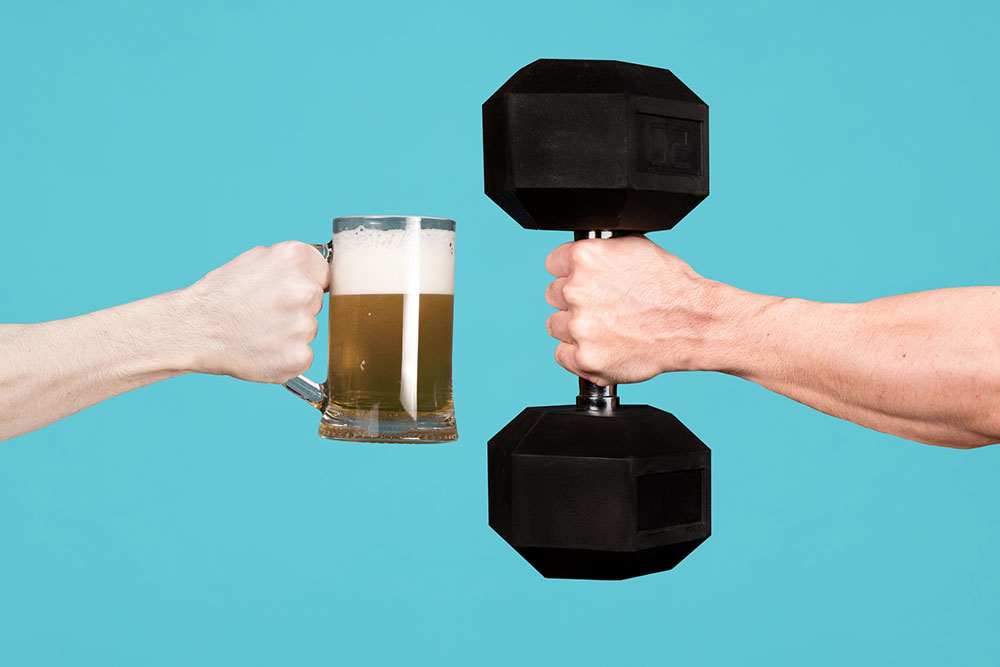
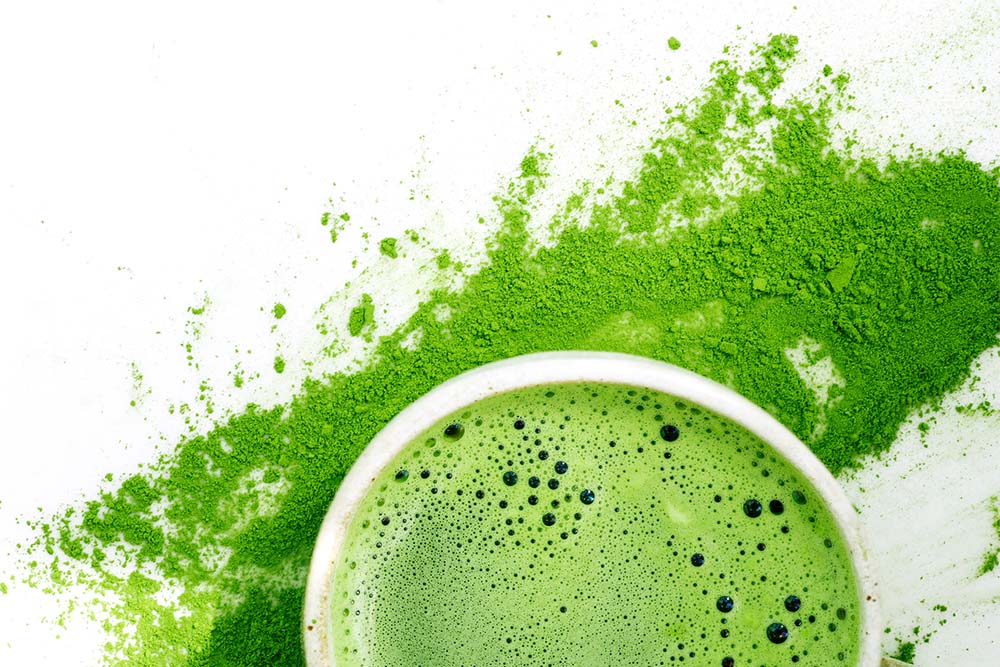





















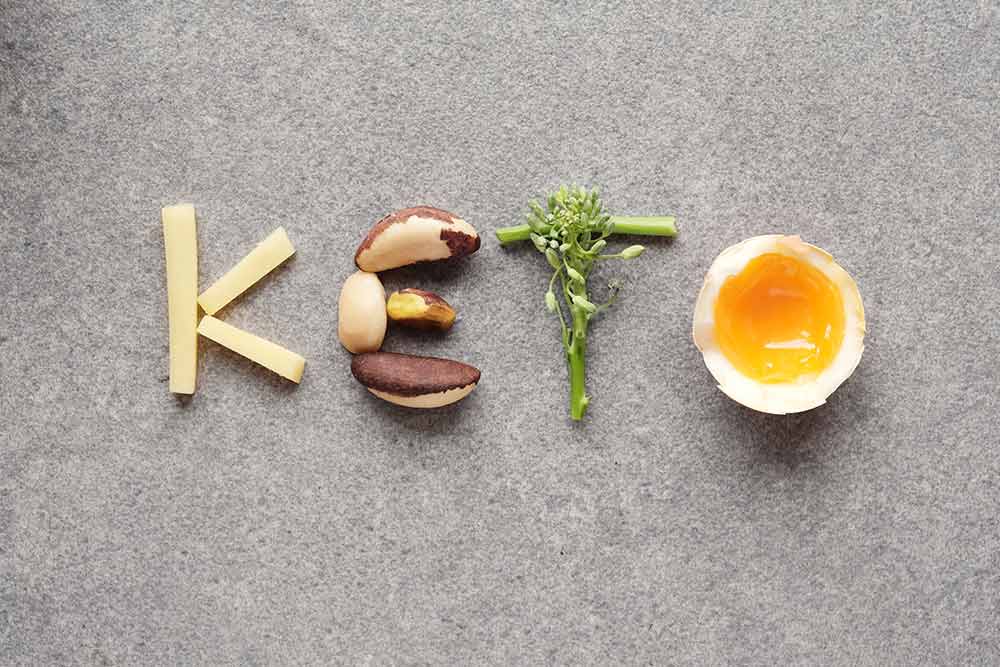






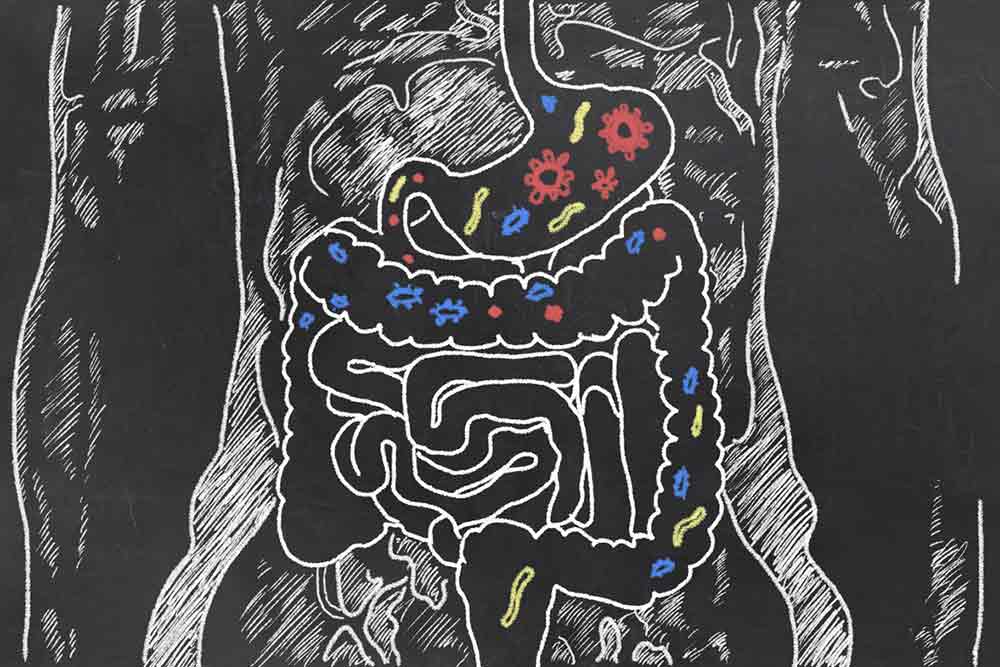









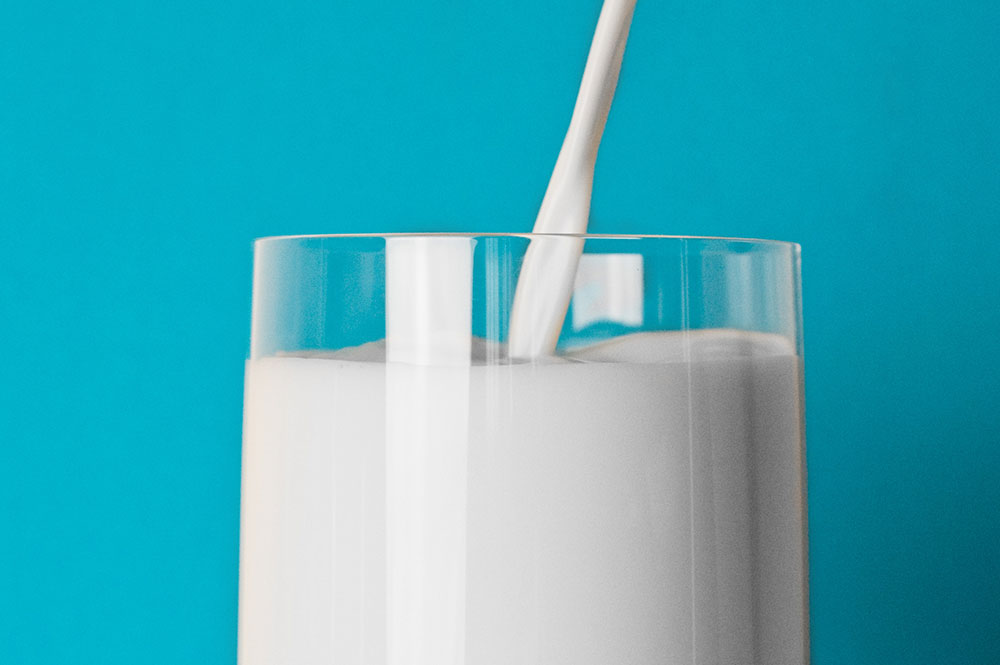














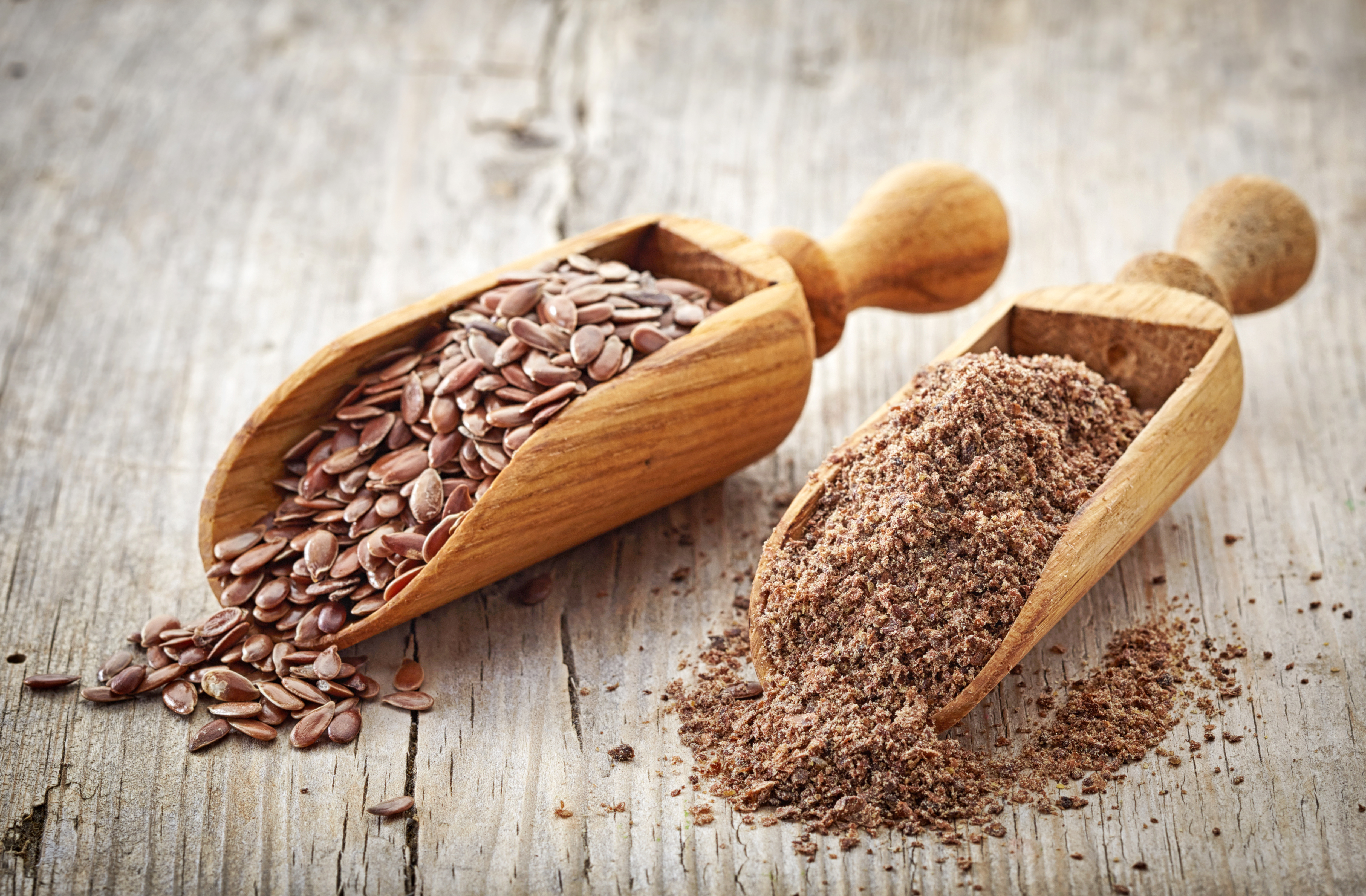



































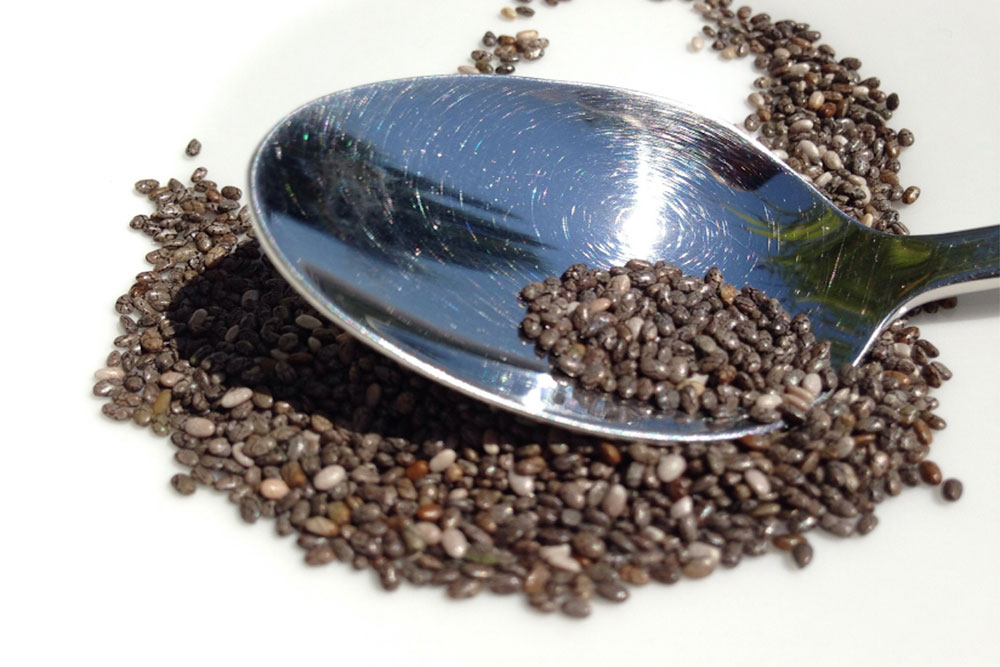

No comments:
Post a Comment